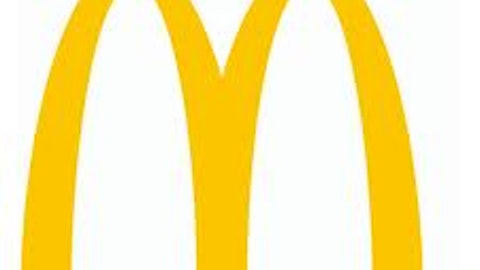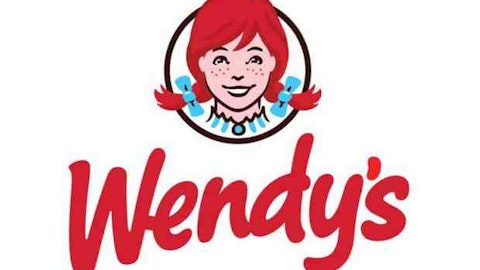Insider trading has long been considered by many to be an important indicator of a company’s expected performance. An insider purchase might be a sign of good things to come for the stock. However, it is always essential to do due diligence and not base a buy or sell decision on insider activity alone, which is why in this post I will be analyzing in some detail three food-related stocks that have had recent insider buying activity.
YUM! Brands, Inc. (NYSE:YUM): The company owns, operates and franchises quick-service restaurants, most notably KFC, Pizza Hut and Taco Bell. It also owns non-controlling interests in Chinese franchises.
- On Feb. 6, Director Robert Walter bought 35,000 shares of the company, at $61.95/share (a total value of $2,168,086!). Another fellow insider, Director David Grissom exercised his option of buying 21,679 shares at $38.06 (for a total value of a little over $800,000). Finally, YUM’s SVP David Blum sold 3,242 shares, but, on the same day, exercised his option to buy 9,500 shares at a price of $29.61. Insider purchases on Feb. 6 were clearly significant.
- In terms of valuation, YUM! trades at a current P/E of 18.70x, not a very low valuation. The future P/E is only marginally better at 17.81x.
- The analyst price target average is $73.13, which implies that the stock could rise a further 12.35% from current levels. However, all 2013 analyst reports have given the stock a lower price target than said average. In fact, this year reports have an average price target in the mid-60s, which is the price at which the stock is trading currently. This could be a sign that Wall Street is turning neutral on the stock.
- YUM! pays a dividend of $1.34/share, which works out to a yield of 2.11%. The company has been a consistent, regular dividend payer since 2004.
- My take: While restaurants might suffer from fragile consumer confidence, weak sales momentum, a decline in capital spending, and higher food prices, YUM! is a conservative play in the the quick-service restaurant industry. The company has suffered from supply and PR issues in China’s KFC brand, but, once the storm passes, YUM! brands could return to growth in China, which, coupled with a relatively safe position domestically, should make the stock edge higher.
Tyson Foods, Inc. (NYSE:TSN): The company produces, distributes and markets chicken, beefs, pork, prepared foods and related products.
- Three insider transactions occurred on Feb. 6. On one hand, Director Jim Kever bought 10,000 shares at $23.37/share, for a total value of $233,690. On the other, Sr Grp VP of Fresh Meats, Mr. Noel White sold 40,000 shares for $23.35, but on that same day, he exercised the option of buying 40,000 shares again at $15.37/share.
- With regards to valuation, the stock has a current P/E of 14.19. The forward P/E is a more attractive 10.43.
- The stock has an average price target of $23.82, which is at a very similar level to Friday’s closing price of $23.78. However, it is important to note that the most recent analyst ratings of the stock happened in 2011.
- Tyson pays a small dividend of $0.20/share (that’s a yield of 0.84%). Tyson Foods has paid a dividend to its shareholders since 1987. Dividend yields, however, have always been relatively low.
- My take: On paper, if the recent insider buying hadn’t occurred, this stock would not be very attractive: valuation is average, the dividend is low, and analysts are not very bullish on TSN. Furthermore, recent surges on corn and soybean prices could pressure earnings this year. However, the company is a well-run company in a relatively safe sector, and in fact it recently beat analyst estimates as fiscal first-quarter earnings jumped 11%. The company is also expanding by opening new plants in Florida, Tennessee, Texas, and Virginia, and seems poised to remain a leader in its sector. Tyson could actually be a smart choice if one were to invest in the American meat market.






